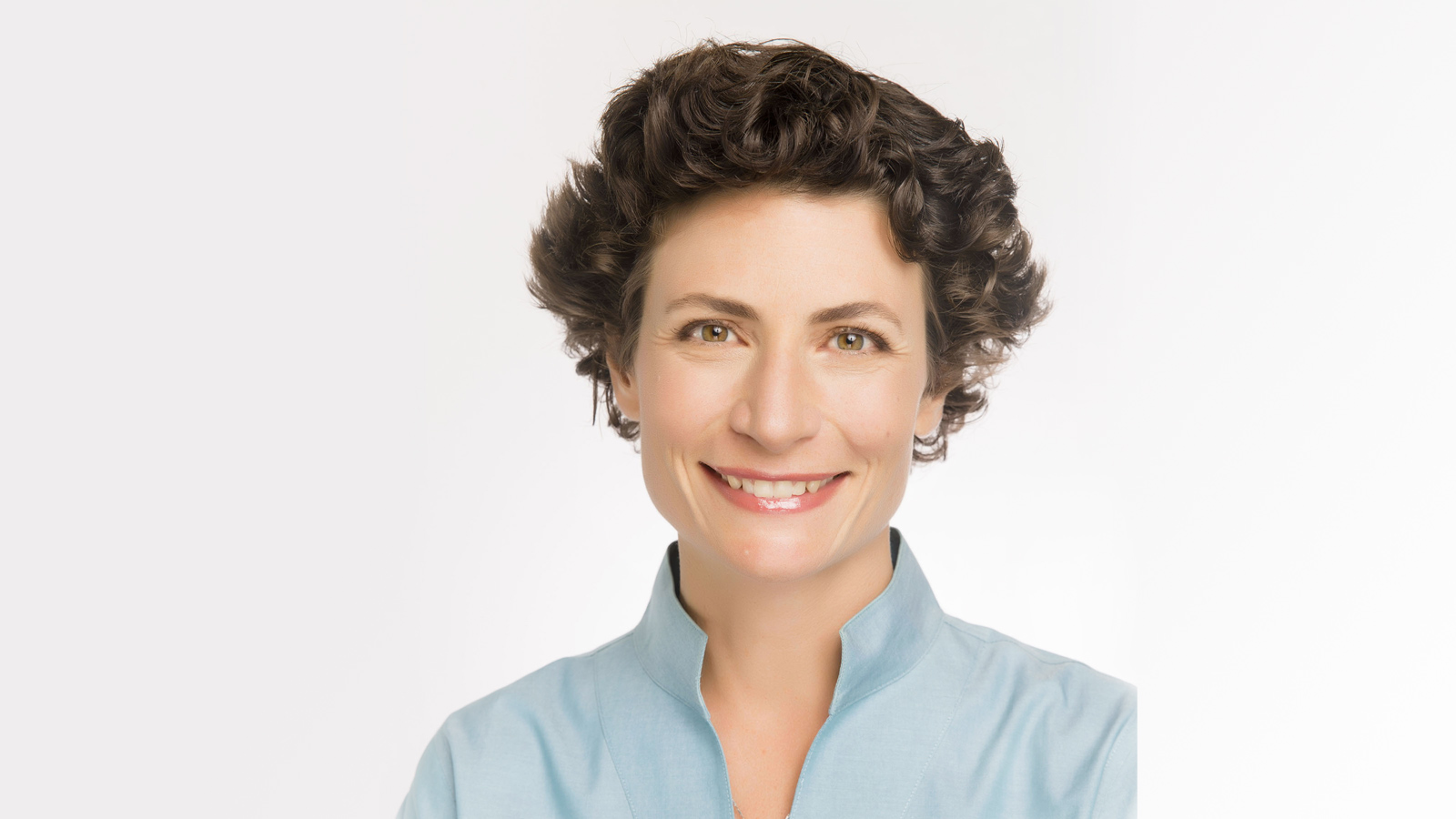We are now witnessing the birth of a new model of leadership that focuses on collaborative problem solving, and it’s the only good thing about climate change.
Across the globe, activists are showing the world how to respond to an emergency that will affect everyone on the planet.
This cooperative approach stands in stark contrast to the type of broken thinking that got us into this mess: Donald Trump, for example, has publicly declared that climate change is a hoax while rolling back environmental rules and regulations designed to prevent pollution and limit carbon emissions. In 2016, he declared (of “the system”) that “I alone can fix it.”
He can’t.
Even if he were trying in earnest to reverse climate change, a go-it-alone mindset is what got us into this mess. It won’t get us out of it. Even the world’s richest man, Jeff Bezos, who recently pledged $10 billion to fight climate change (about 7.7% of his net worth), acknowledges the need to “work alongside others” in this effort.
In the coming century, global temperature could rise as much as 4.5 degrees Celsius, sea level could rise more than 260 feet, and climate refugees could number in the hundreds of millions. The impacts of these changes will be felt disproportionately by low-income communities, people of color, and women around the world.
During the preceding century, carbon emissions were mainly released by activities led or conducted by fossil fuel companies, international corporations, and highly industrialized nations — like the United States — without input from those who would suffer the consequences.
Now the growing severity of the climate crisis is forcing a revolution in how we understand leadership. It can be seen across the globe.
Greta Thunberg has inspired countless young people to strike on behalf of climate action, making the traditional power brokers at Davos look like they are scrambling to catch up. The community group Mothers Out Front brought to light methane leakages across Boston and championed two bills through the Massachusetts state legislature to measure and mitigate leaks. In New York City, We Act for Environmental Justice is empowering low-income communities to advocate for clean and just climate policies while 17-year-old Xiye Bastida has been leading the call for indigenous and immigrant representation in shaping climate solutions. Volunteers from the Vietnam Women’s Union have organized to plant mangrove trees (which are four times more effective at scrubbing carbon than the average rainforest plant) to act as natural barriers against rising sea levels.
These initiatives all prioritize inclusivity, fair representation, and shared responsibility. They reflect a growing recognition that in order to reverse climate change we need to work together to revamp our current systems of energy, consumption, agriculture, and manufacturing while redefining leadership.
This is critical for two reasons: 1.) making sure that those most impacted by climate change are part of the solution is the right thing to do and 2.) collaborative problem solving works better than unilateral decision making. It’s a practical imperative in addition to a moral one. Studies have shown that corporations with diverse boards and employees are more successful. Representation alone, however, is not enough — everyone needs to be empowered to truly contribute; teams where every member speaks have proved to be more effective. That’s why youth climate activists have made citizen assemblies and representation for frontline communities a core part of their demands.
To have a shot at turning the climate crisis around, the world needs to make room at the table for new types of leaders who will take on the work of reversing a climate crisis they had little role in creating while questioning assumptions that have been taken for granted for centuries. Part of this new leadership will mean revisiting traditional practices that have been overlooked or underestimated. To cut emissions over the long term, we need to rethink our values and how we approach problems.
As Barnard College alumna Twyla Tharp wrote in The Collaborative Habit: Life Lessons for Working Together: “More and more of us are realizing that the brilliant CEO, the politician who keeps his own counsel, and the lone hero are yesterday’s role models . . . our new heroes are men and women who know how to gather allies, build teams, and work together toward shared goals.” This is a philosophy that Barnard embraced while creating our Climate Action Vision. We formulated our guiding document with input from many different groups, including students, faculty, staff, and members of the local community.
Alone, we can’t fix anything. Together, we just might.
---
Sandra Goldmark is the Director of Campus Sustainability and Climate Action and an Associate Professor of Professional Practice in Theatre at Barnard College.
